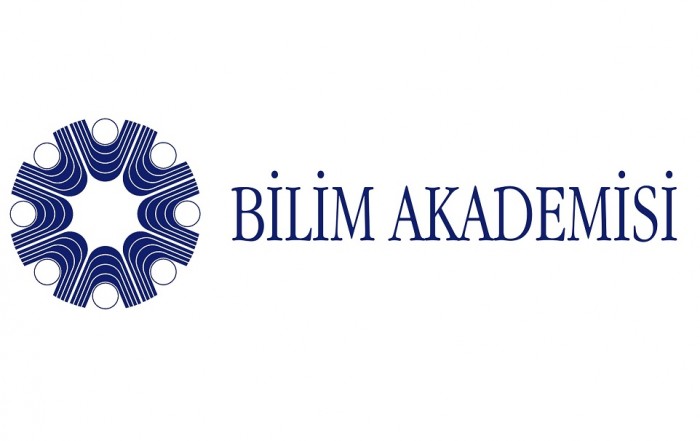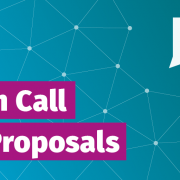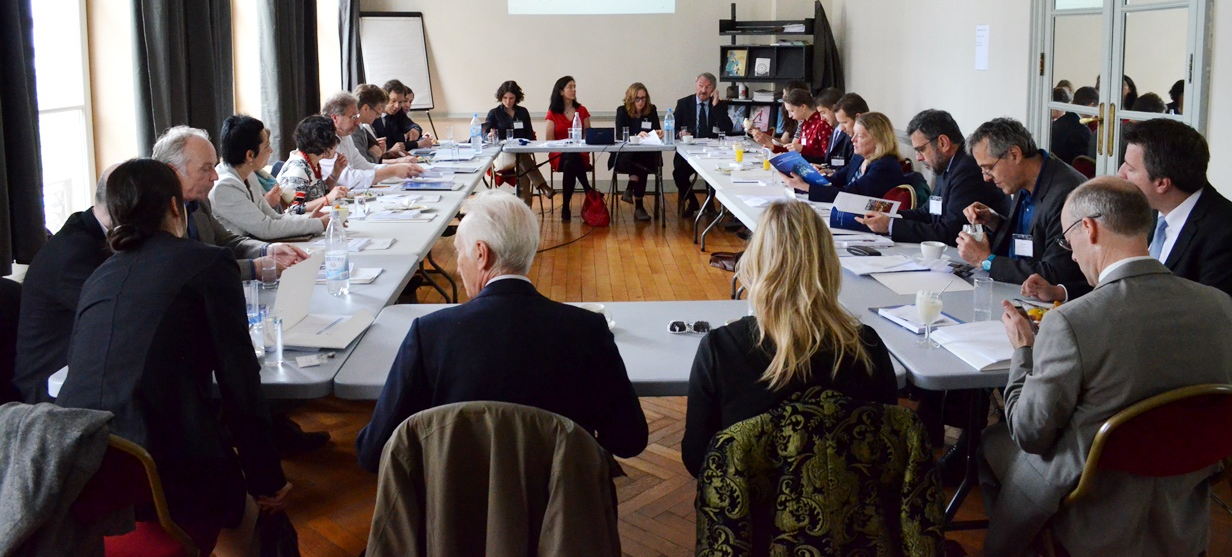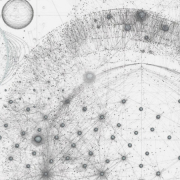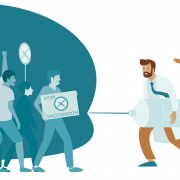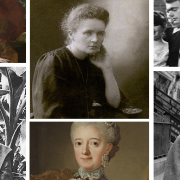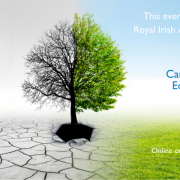The public nomination period for the 2022 Breakthrough Prizes in Fundamental Physics, Life Sciences and Mathematics is now open. Nominations can be submitted online until 1 April 2021. While self-nominations are prohibited, anyone may nominate another person. The nomination forms and rules are available at breakthroughprize.org.
For the 10th year, the Breakthrough Prize, recognised as the world’s largest science prize, will honour top scientists, handing out three prizes in Life Sciences, one in Fundamental Physics and one in Mathematics. Each prize comes with a $3 million award. In addition, six New Horizons Prizes, each for $100,000, will be available to promising early-career researchers in the fields of Physics and Mathematics. Nominations will also be taken for the Maryam Mirzakhani New Frontiers Prize, an annual $50,000 award presented to early-career women mathematicians who have completed their PhDs within the previous two years.
The Breakthrough Prize, dubbed ‘The Oscars of Science’, hosts a live, globally televised gala awards ceremony to celebrate the laureates’ achievements and to foster broad popular support for scientific endeavours and inspire the next generation of scientists. The next ceremony is scheduled to take place in the fall of 2021 and will honour the 2021 and 2022 prize laureates.
ALLEA partners for the fifth year with the Breakthrough Prize, together with ResearchGate. The Breakthrough Prizes were founded by Sergey Brin, Priscilla Chan and Mark Zuckerberg, Yuri and Julia Milner, and Anne Wojcicki. The prizes have been sponsored by the personal foundations established by Sergey Brin, Priscilla Chan and Mark Zuckerberg, Ma Huateng, Jack Ma, Yuri and Julia Milner, and Anne Wojcicki.
Selection Committees are composed of previous Breakthrough Prize laureates, who select the winners from the list of candidates generated during the nomination period.
Breakthrough Prize in Fundamental Physics
One 2022 Breakthrough Prize in Fundamental Physics ($3 million) will recognize an individual(s) who has made profound contributions to human knowledge. It is open to all physicists – theoretical, mathematical and experimental – working on the deepest mysteries of the Universe. The prize can be shared among any number of scientists. Nominations are also open for the New Horizons in Physics Prize, which will include up to three $100,000 awards for early-career researchers who have already produced important work in their fields.
The Selection Committee for the 2022 physics prizes includes: Eric Adelberger, Nima Arkani-Hamed, Jocelyn Bell Burnell, Charles Bennett, Sheperd Doeleman, Michael Green, Jens Gundlach, Alan Guth, Blayne Heckel, Joseph Incandela, Charles Kane, Alexei Kitaev, Andrei Linde, Arthur McDonald, Juan Maldacena, Eugene Mele, Lyman Page, Saul Perlmutter, Alexander Polyakov, Adam Riess, John Schwarz, Nathan Seiberg, Ashoke Sen, David Spergel, Andrew Strominger, Kip Thorne, Cumrun Vafa, Ewine F. van Dishoeck, Yifang Wang, Steven Weinberg, Rainer Weiss and Edward Witten.
Breakthrough Prize in Life Sciences
Up to three 2022 Breakthrough Prizes in Life Sciences ($3 million each) will be awarded to individuals who have made transformative advances in understanding living systems and extending human life. One of the prizes is designated for work contributing to the understanding of Parkinson’s disease or other neurodegenerative disorders.
The Selection Committee for the 2022 Breakthrough Prize in Life Sciences includes: David Allis, James Allison, Victor Ambros, David Baker, Cornelia I. Bargmann, Alim Louis Benabid, Frank Bennett, David Botstein, Edward Boyden, Lewis Cantley, Emmanuelle Charpentier, Zhijian “James” Chen, Joanne Chory, Don Cleveland, Hans Clevers, Karl Deisseroth, Titia de Lange, Mahlon DeLong, Jennifer Doudna, Catherine Dulac, Stephen Elledge, Napoleone Ferrara, Jeffrey Friedman, Michael Hall, John Hardy, Ulrich Hartl, Helen Hobbs, Arthur Horwich, David Julius, Adrian Krainer, Eric Lander, Robert Langer, Virginia Lee, Richard Lifton, Dennis Lo, Kazutoshi Mori, Kim Nasmyth, Harry Noller, Roeland Nusse, Yoshinori Ohsumi, Svante Pääbo, Gary Ruvkun, Charles Sawyers, Alexander Varshavsky, Bert Vogelstein, Peter Walter, Robert Weinberg, Shinya Yamanaka, Richard Youle, Xiaowei Zhuang and Huda Zoghbi.
Breakthrough Prize in Mathematics
One 2022 Breakthrough Prize in Mathematics ($3 million) will be awarded to an individual who has made outstanding contributions to the field of mathematics. Nominations are also open for the New Horizons in Mathematics Prize, which will include up to three $100,000 awards for early-career researchers who have already produced important work in their fields. In addition, up to three $50,000 Maryam Mirzakhani New Frontiers Prizes will be presented to early-career women mathematicians who have completed their PhDs within the previous two years (2019, 2020).
The Selection Committee for the 2022 math prizes includes: Ian Agol, Alex Eskin, Simon Donaldson, Martin Hairer, Maxim Kontsevich, Christopher Hacon, Vincent Lafforgue, Jacob Lurie, James McKernan, Terence Tao and Richard Taylor.
Information on the Breakthrough Prizes is available at breakthroughprize.org

